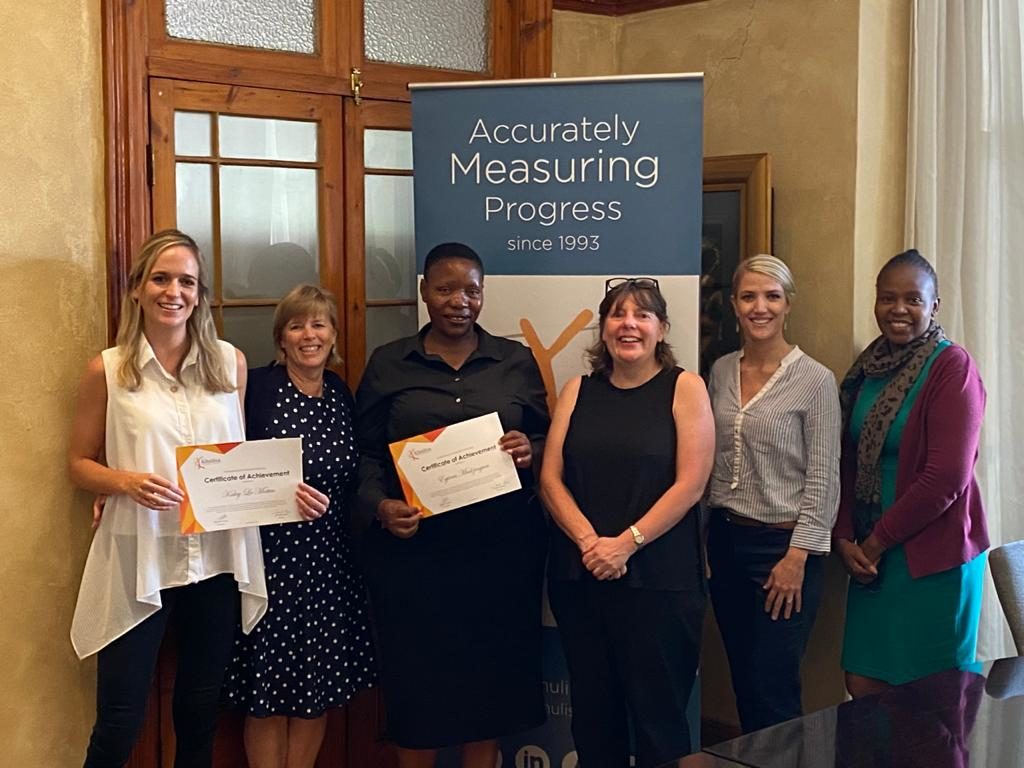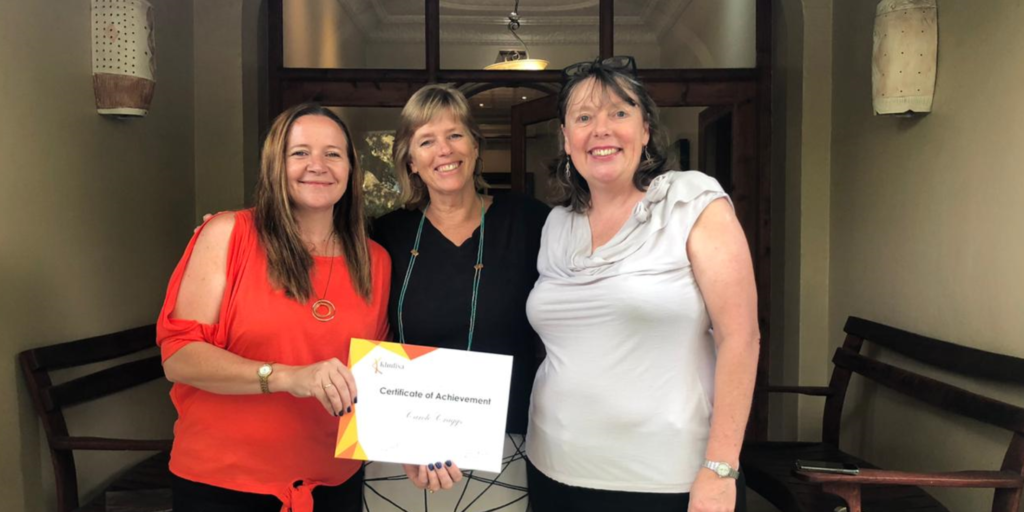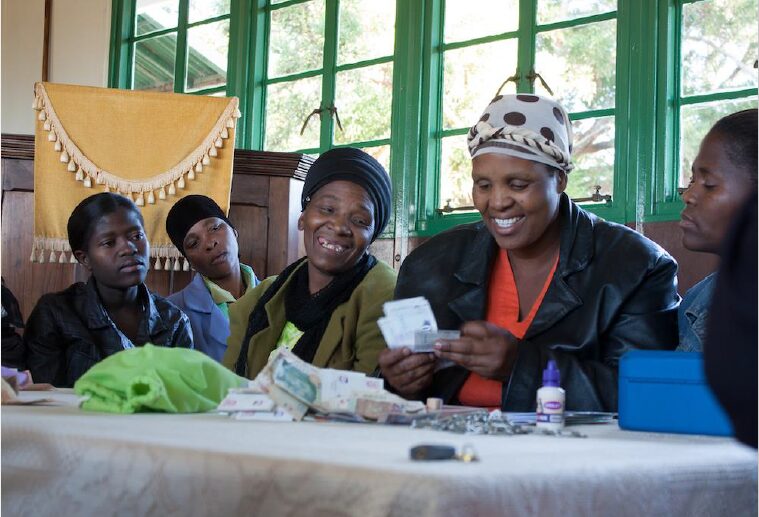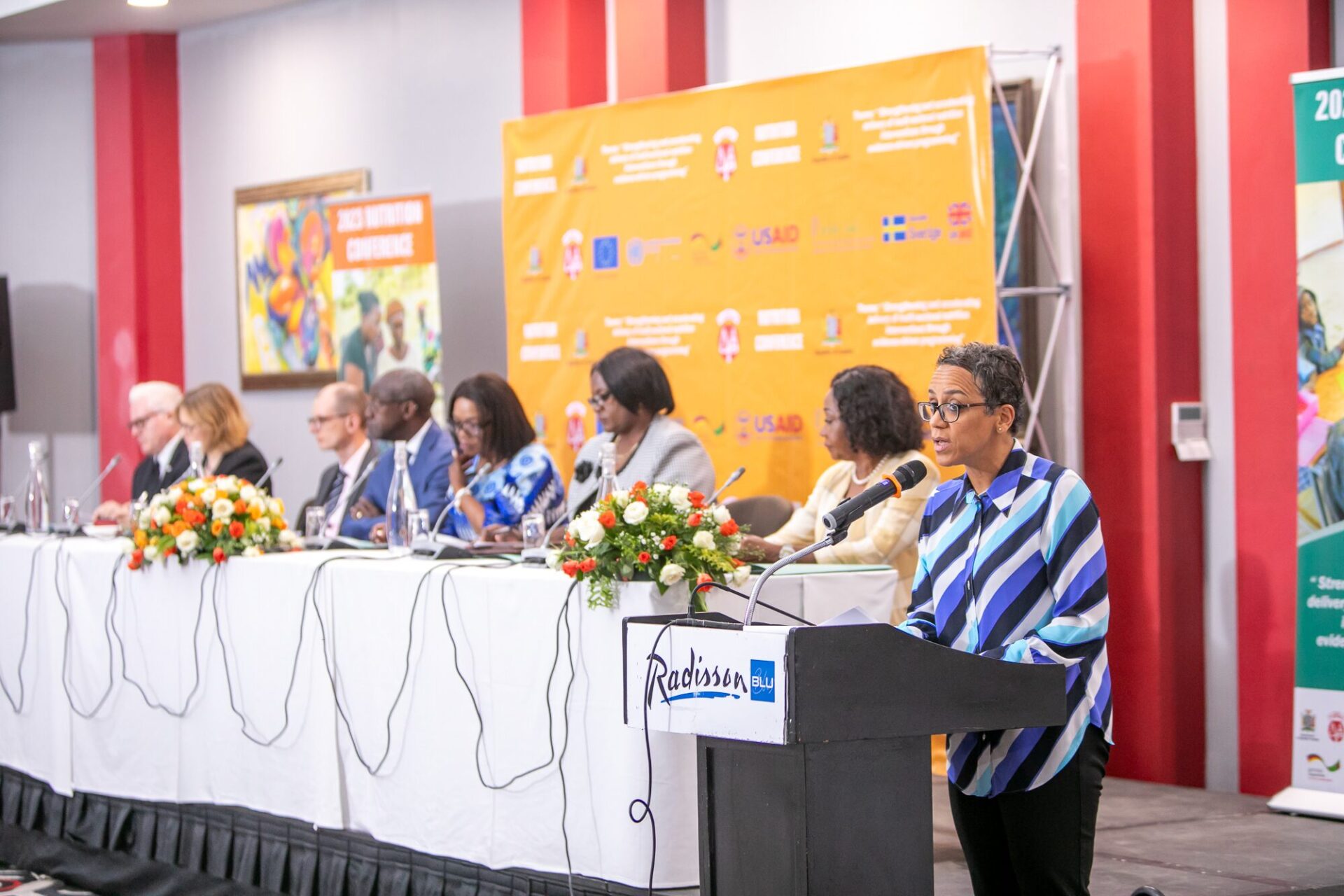Since inception, Khulisa has focussed our efforts on advancing the understanding and quality of M&E in Africa. M&E capacity building is central to our approach. In 2018, with Khulisa celebrating 25 years in business, we launched an M&E training course to advance capacity building in the field. In this blog, we reflect on the experience and share participants’ feedback.
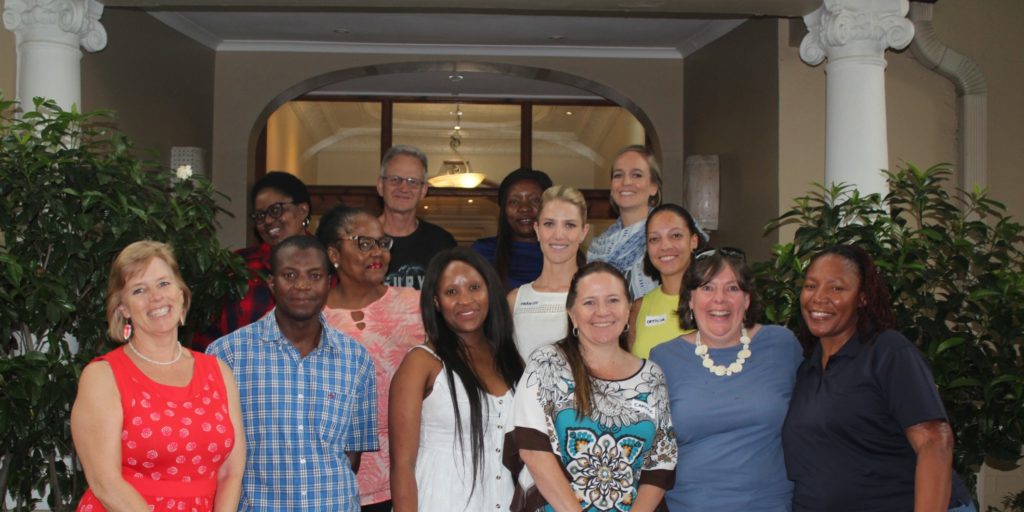
The first cohort of participants of the training course began their journey in February 2019. There were 10 participants from eight organisations across the country and five received certificates of completion. The following organisations participated in the training:
- Inclusive Education South Africa
- Career Build
- Wits Reproductive Health and HIV Institute
- Ntataise
- TREE
- N3TC
- SIOC-CDT
- Private/Attending Course as individual
Khulisa was proud to award a certificate of completion to the following individuals in 2020:
- Alan Crozier
- Kaley Le Mottee
- Egines Vutete Mudzingwa
- Carole Craggs
- David Khumalo
One of the key objectives of the course was to contribute to the growing need for monitoring and evaluation skills in South Africa as well as to feed the request from the M&E community regarding capacity building initiatives from Khulisa.
The course was offered to experienced technical professionals from various organisations and backgrounds. The main focus was to equip them with key skills in implementing and managing M&E systems within their own organisations.
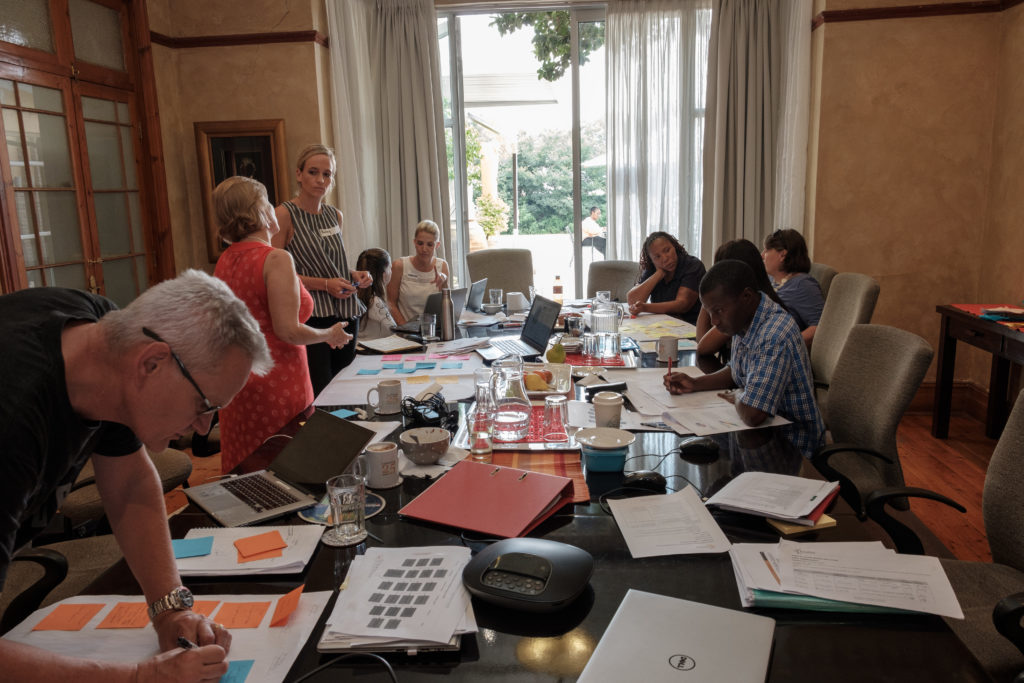
An interactive training approach
Throughout the course participants were expected to engage with colleagues in activities to complete assignments after each module. The interactive knowledge sharing sessions provided course participants with opportunities to learn from the experiences of other participants. A Dropbox folder was shared with all participants which provided a platform for shared resources/materials.
The course comprised practical assessments and feedback sessions with each module covered. Khulisa used interactive methods during the training. This included using Mentimeter and Survey Monkey to gauge participant knowledge and also provide a common platform for reflection. Workshop facilitation icebreakers were used for every module to get participants to interact during the various sessions. Module assignments were peer reviewed using an appreciative approach and individual feedback was given to each course participant.
Mentoring
One of the unique elements about the M&E course was that it provided a platform for the ongoing and tailored mentorship of course participants. All course participants brought in their unique experiences based on their professional backgrounds and organisations. Khulisa staff members were available for one on one sessions to engage on any of the course modules, which ultimately were based on the participants’ organisation or research area.
The course included both practical and theoretical components. Some tasks required interaction with the participants’ organisation. For example, participants were expected to run a Theory of Change Workshop with their colleagues as part of their first assignment. From the onset participants were aware that all activities and assignments contributed to their Portfolio of Evidence which was assessed at the end of the course. The assessments included self-review sessions, pre- and post surveys, a peer review process and the submission of a Portfolio of Evidence (on final completion).
Reflections from the Participants
Khulisa provided all course participants an opportunity to reflect on their M&E journey with Khulisa.
When asked what they liked most about the Khulisa M&E training this is what they said:
“I really enjoyed the knowledgeable, professional, and caring facilitators” – David Khumalo
“Opportunity to discuss real world challenges” – Alan Crozier, WHRI
“The contact sessions” – Thandiwe Rakale, N3Toll Concession (RF) Proprietary Limited
“The facilitation and group work was great, as well doing the assignments” – Teresa Ngobese, Training and Resources in Early Education
“The M&E knowledge gained and practical approach to the training. I also enjoyed the exposure to a range of Khulisa M&E experts, as well as connecting and learning from the experiences of peers as we implement the various course components in our organisations as part of the training” – Kaylee Le Mottee, Ntataise
“We now have a good M&E strategy that we can implement” – Carole Graggs, CareerBuild
When we asked participants what was the one skill they gained, they said the following:
- Data presentation techniques
- Data management systems
- Using digital tools for data collection
- Theory of Change
- Identifying key indicators, outcomes, inputs, assumptions and measurable targets
The net promoter score of 67 suggests that course participants found the course beneficial and would recommend it to friends and colleagues .
The first cohort of the M&E course was successful and participants benefited from the engagements and mentoring sessions. Khulisa looks forward to the next cohort (details will be made available on our website soon).
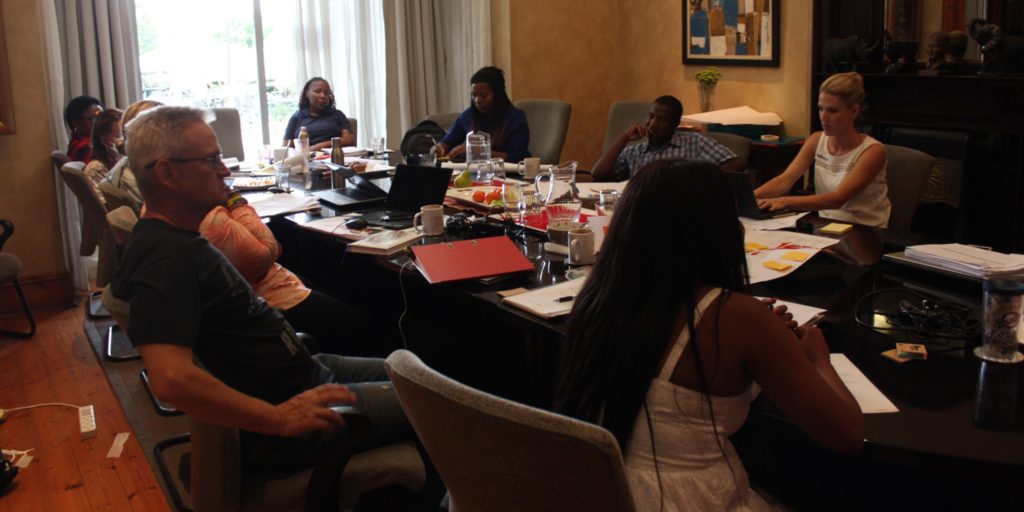
Course material
The M&E course covered the following learning outcomes:
M&E Overview
- Understand and overcome fears about M&E
- Develop a Theory of Change (and Theory of Action)
- Select appropriate, useful indicators
- Adhere to ethical standards, especially relating to Protection of Personal Information (POPI) Act
- Develop an M&E strategy
Data Quality
- Design an appropriate data management systems (DMS)
- Ensure your DMS produces quality usable data
- Develop tools to assess data quality and identify data quality risks and take remedial action
- Build feedback loops that increase data quality
Data Analysis
- Develop basic data analysis skills (quantitative and qualitative)
- Visualise the data
- Interpret the data for internal use, stakeholders and donors
Reporting
- Write reports for internal use, stakeholders and donors
- Conduct internal evaluation versus external evaluation
- Ensure that your external evaluation terms of reference gets you the best evaluator and manage their work
- Build recommendations with your stakeholders and monitor performance

